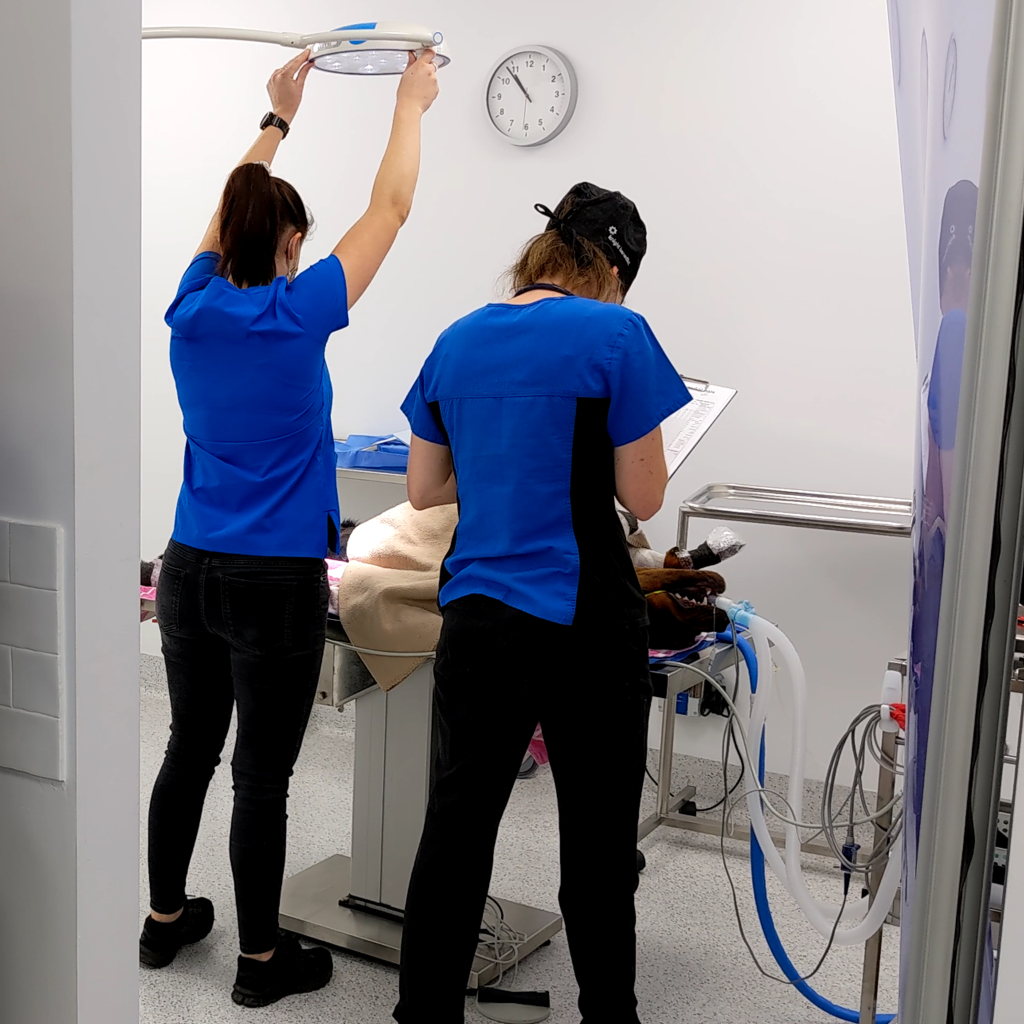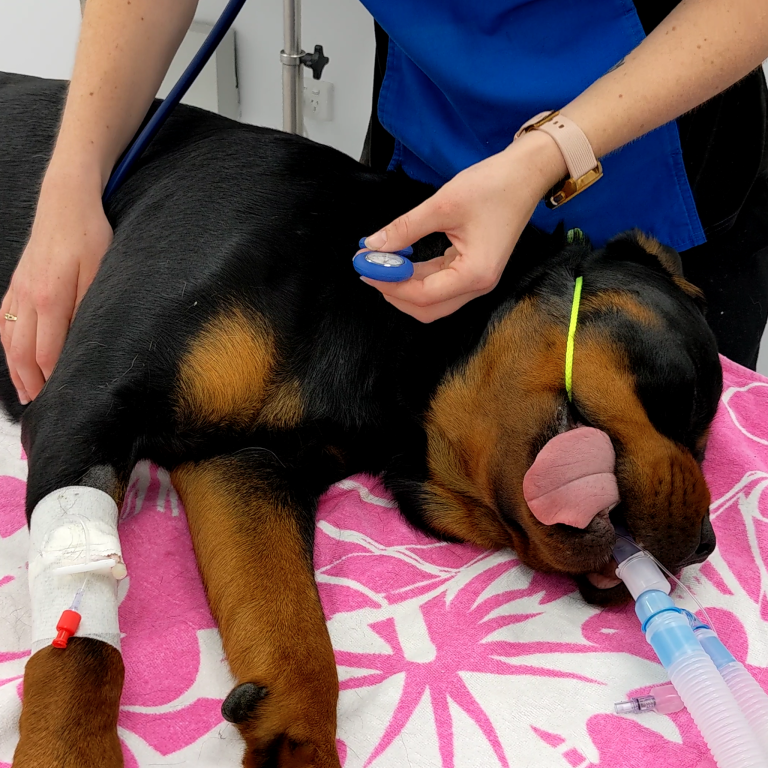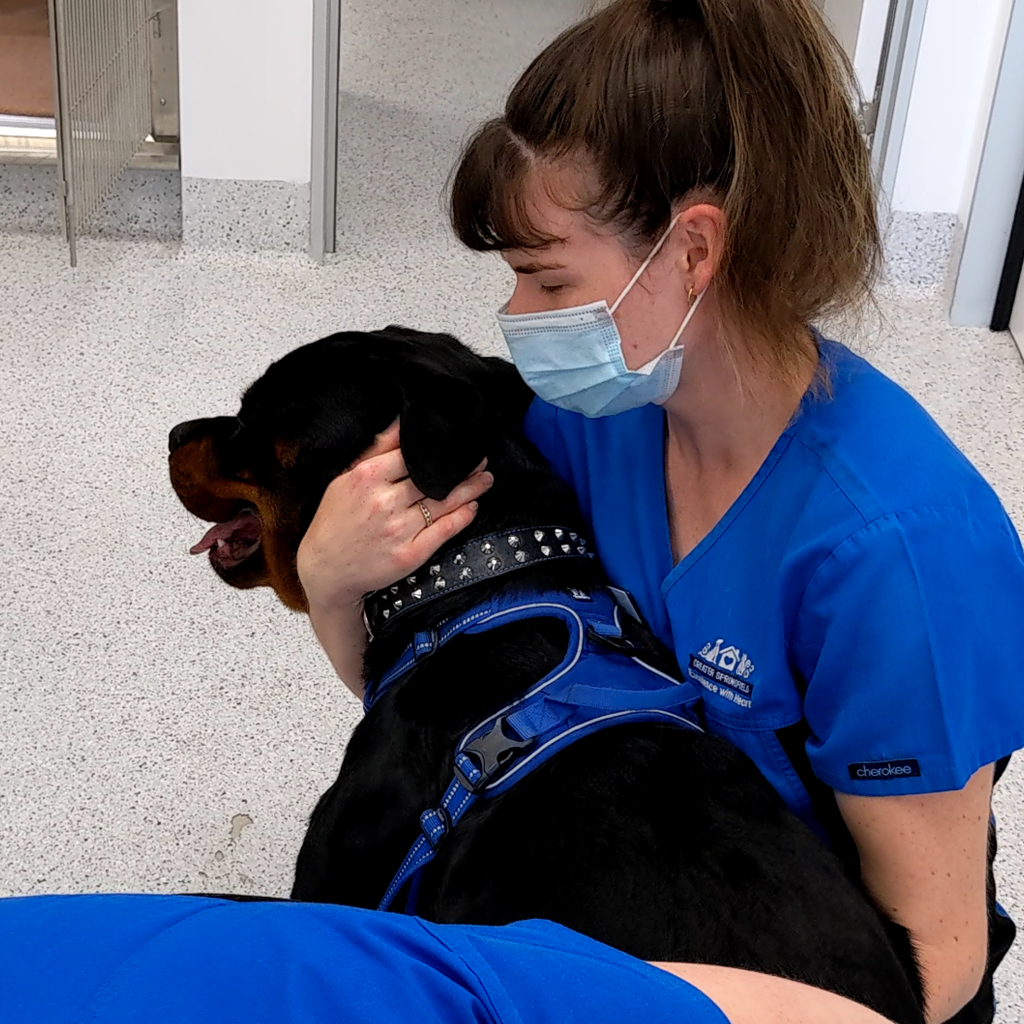The preventative journey towards your pet’s optimal health includes desexing them.
Did you know that you can save money on council pet registration fees by desexing your pets?

Should You Desex Your Pet?
Desexing, also known as sterilisation, is a beneficial procedure recommended by the general Veterinary community and our staff here at GSVets.
Not only does it promote your pet’s long-term health, but it also helps curb the population of unplanned litters, reducing the strain on animal shelters.
This is particularly important for pets that roam outdoors, like cats whose whereabouts are difficult to monitor.
Desexing Benefits
Desexing offers numerous advantages for your pet’s well-being, including:


When to Desex Your Pet
The ideal age for desexing varies based on your pet’s breed and health considerations. The science on this has changed in recent years, though typically, smaller breeds and cats are desexed around six months of age, while larger breeds are desexed once they reach full maturity.
Our veterinary team will provide personalised recommendations tailored to your pet’s needs.
What Happens During Desexing?
Desexing involves the surgical removal of reproductive organs under general anaesthesia.
For females (spaying), this includes removing the ovaries and often the uterus, while males (castration or neutering) have their testicles removed.
If you’re curious about the procedure details, our friendly team is here to answer your questions.


The Desexing Procedure at Greater Springfield Veterinary
At Greater Springfield Veterinary, we ensure your pet receives comprehensive care during the desexing process. Our all-inclusive desexing package covers:
We’ll follow up with you the day after surgery to ensure your pet is recovering well and schedule a follow-up appointment for suture removal if necessary.
Trust Greater Springfield Veterinary for compassionate care and expert advice. Contact us today to learn more about our desexing services.
What to Expect During Desexing

We recognise and pay our respects to the Jagera, Yuggera and Ugarapul peoples as the traditional owners of this land which was never ceded.
All rights reserved. Copyright Greater Springfield Veterinary 2024